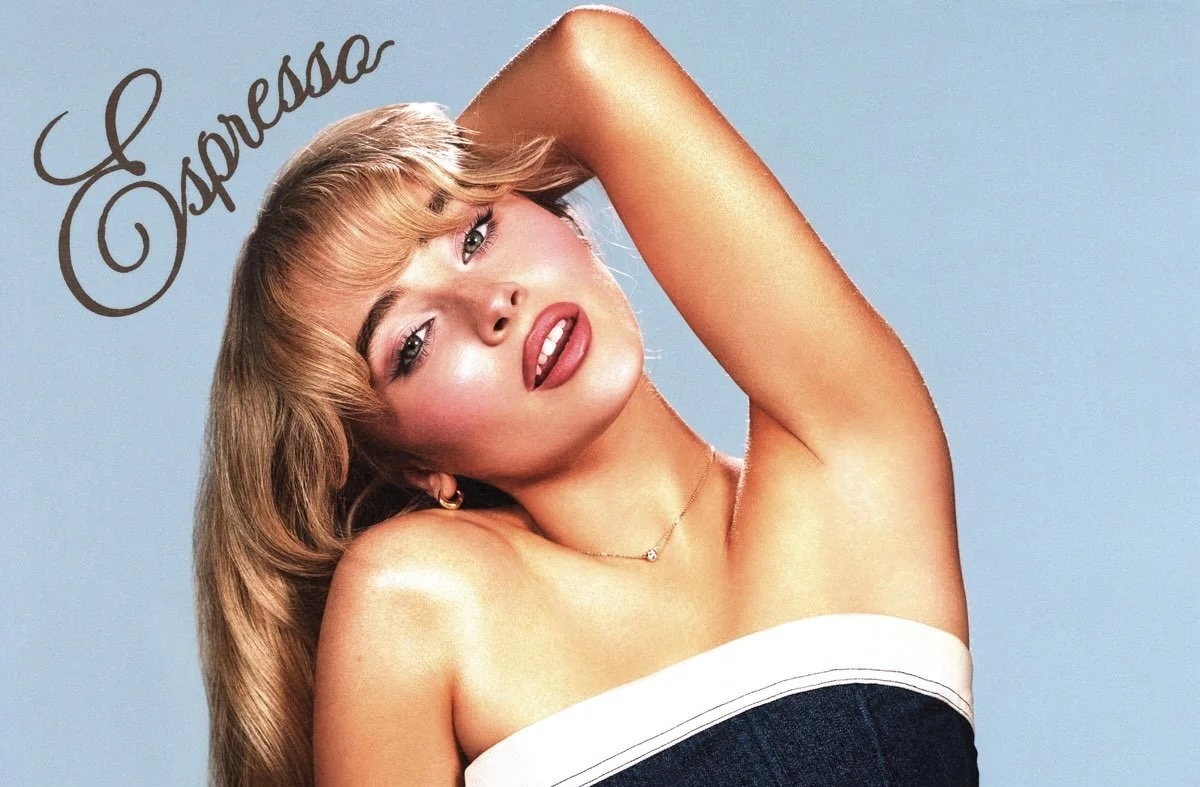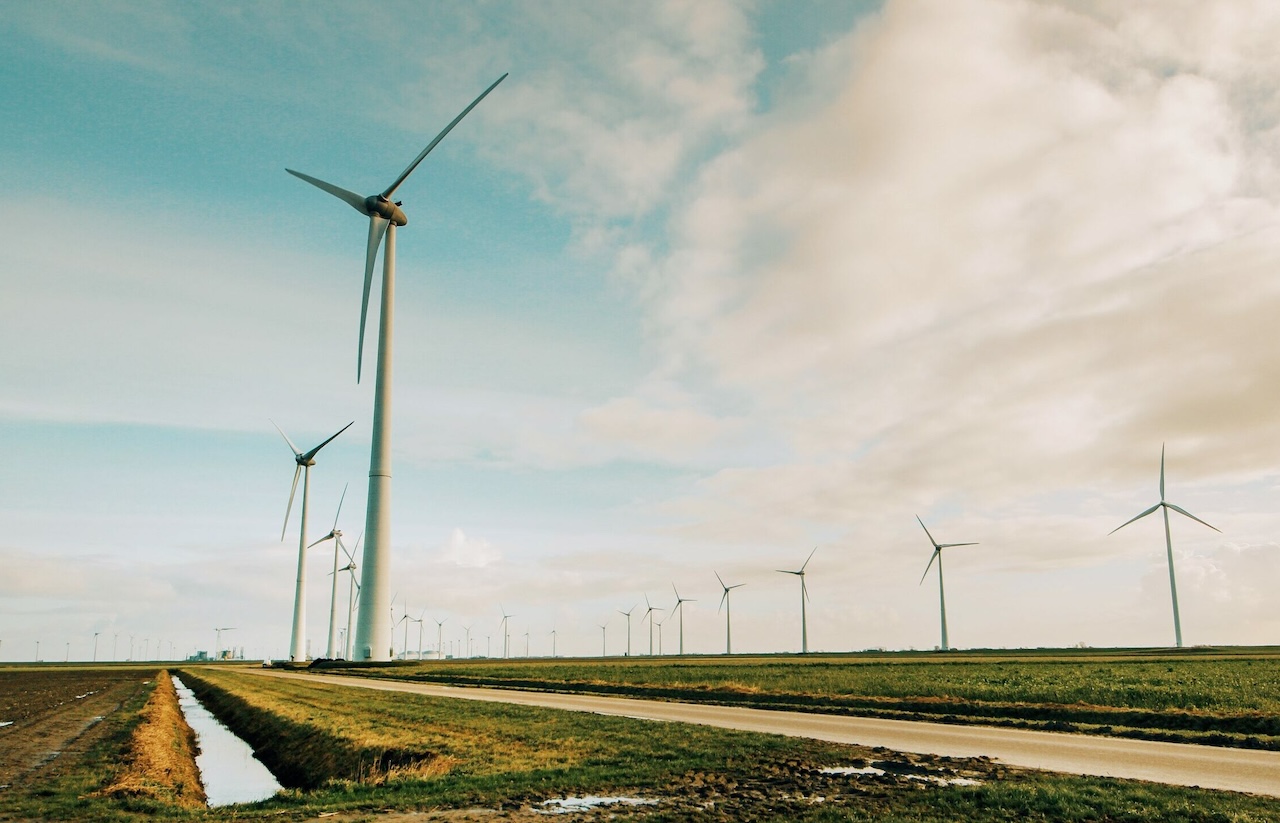Sabrina Carpenter’s latest track, “Espresso”, has taken the music world by storm, securing its place as the song of the summer. Released on April 12, the single swiftly climbed to the top of Spotify’s global charts, a mere two weeks post-launch. Before captivating audiences at Coachella, the song, accompanied by a Dave Meyers-directed music video, had already garnered millions of views on YouTube, and ascended to No. 7 on the Billboard Hot 100, only to be surpassed by Taylor Swift. It also claimed the No. 5 spot on Spotify’s Viral 50 U.S.A. chart.
The catchy tune, which playfully explores themes of desire and excitement, mirroring the effect of an espresso, has received accolades for Carpenter’s clever use of wordplay and innuendos. The song’s lyrics have sparked widespread attention, becoming a source of viral memes and social media content, notably on TikTok, where users have shared their humorous renditions and reactions to the song’s addictive qualities.
At Coachella 2024, Carpenter’s performance of “Espresso” marked a significant moment, further amplifying its reach and popularity. The song’s impact is evident through its persistent presence in listeners’ minds and playlists, a testament to its earworm qualities.
The success of “Espresso” isn’t just a testament to Carpenter’s musical talent but also highlights the intricate web of Spotify’s algorithm and the music industry’s marketing dynamics. Spotify’s explanation points to a mix of popularity, editorial curation, and shared listener tastes as factors for a track’s recommendation. However, the prevalence of “Espresso” across various playlists and user experiences suggests a concerted push within the streaming platform, facilitated by playlist culture and possibly supported by strategic label marketing efforts.
The phenomenon raises questions about the balance between organic popularity and strategic promotion within the music industry, especially considering the financial and corporate connections between record labels and streaming platforms. Industry experts suggest that the intricate relationships between major music labels and Spotify may influence the visibility and success of certain tracks.
Despite the discussions around algorithmic influence and industry strategies, the undeniable catchiness of “Espresso” and Carpenter’s appeal have cemented its status among listeners globally. Its lyrical cleverness and widespread appeal have not only catapulted Carpenter to new heights of popularity but have also sparked conversations about the evolving landscape of music consumption and promotion in the digital age.
News Team





